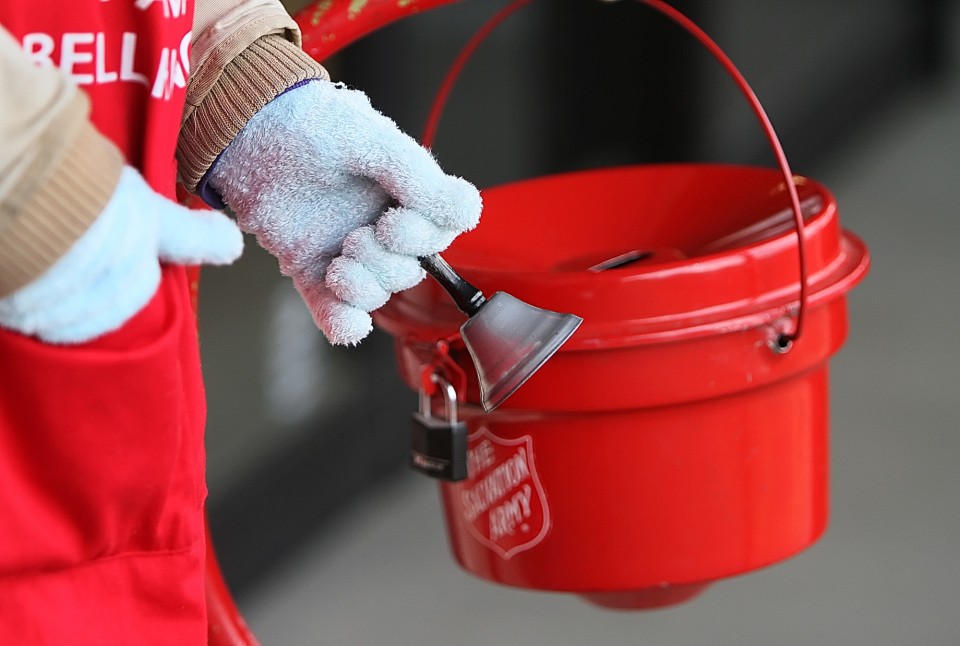A few weeks ago, there was an interesting post on LessWrong about the unspoken assumptions of the Effective Altruism movement:
However, ‘Effective Altruist’ has a major problem: it refers to altruism, not ethics. Altruism may be a part of ethics (though the etymology of the term gives some concern), but it is not all there is to ethics. Value is complex. Helping people is good, but so is truth, and justice, and freedom, and beauty, and loyalty, and fairness, and honor, and fraternity, and tradition, and many other things.
A charity that very efficiently promoted beauty and justice, but only inefficiently produced happiness, would probably not be considered an EA organization. A while ago I suggested to [one of the leaders of the Center for Effective Altruism] the creation of a charity to promote promise-keeping. I didn’t claim such a charity would be an optimal way of promoting happiness, and to them, this was sufficient to show 1) that it was not EA – and hence 2) inferior to EA things.
For the most part, organizations like GiveWell aren’t screening for happiness, they’re looking for improvements in DALYs (Disability Adjusted Life Years). And I’m pretty darn happy about that. A lot of charities try to do nominally good work, but don’t track outcomes and efficiency. I’m delighted GiveWell is trying to filter these organizations by measuring the work they do and incentivising organizations to think more about their methods, in order to get access to the money GiveWell moves.
But the LW poster is correct that, when we focus measuring success, we can fall prey to bias, rewarding only those groups whose efficacy is easiest to measure, i.e. those that prolong life but may or may not improve the quality of life. I’m still very enthused to give to public health organizations, but I am interested in having a bit more discussion about charity and aid that’s meant to strengthen community ties or reduce despair or otherwise strengthen caritas.
These outcomes are hard to measure, but it’s interesting that there aren’t many interventions making even vague, unsubstantiated claims in this area. Toys for Tots and others will tell us that toys will make children happier, but there aren’t many groups telling us that our money will go toward making children more empathetic or more fierce in defence of the weak. I’d be curious about what groups you’ve seen making any claims closer to this second type.
One possible outcome variable I could imagine a charity focusing on would be the ability to delay gratification, a la the marshmallow test. Patience is instrumentally valuable, but it also might be a proxy for community ties. Researchers found that children did worse at the marshmallow test when they’d already been made to wait by an adult who ultimately didn’t deliver on their promise of fancy crayons. So, one way of increasing the ability to delay gratification might be by increasing the reliability/trustworthiness of the adults the children were exposed to at a young age. Not sure what the most efficient way of doing that is, but it’s an interesting outcome to aim for.
And as for just generally increasing empathy, there’s a study where social workers trained parents to ask themselves why their baby was crying. It helped them notice that the answer wasn’t “to be a pain in my ass” and helped them think about the baby as a person, not a problem. The subjects trained this way had lower rates of abuse and neglect than those that weren’t. Conceivably, teaching just this step to everyone or some other CBT reframes might make a big difference in treating other people as people.
What other interventions would you like to check and possible fund through charities?
I’m on (a belated) day eight of a novena to St. Isidore, my saint for the month, and readers are welcome to join me.













